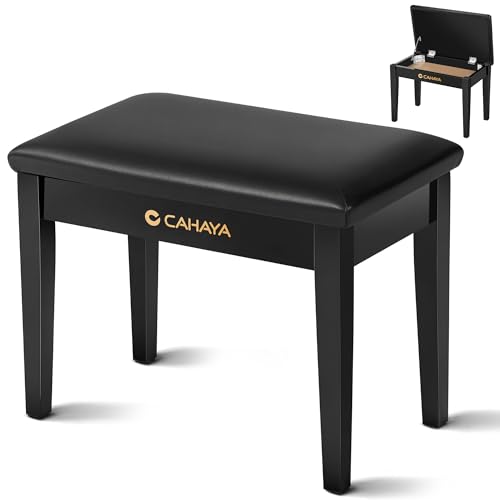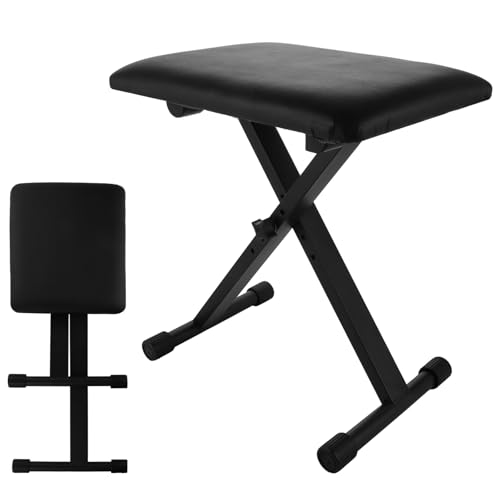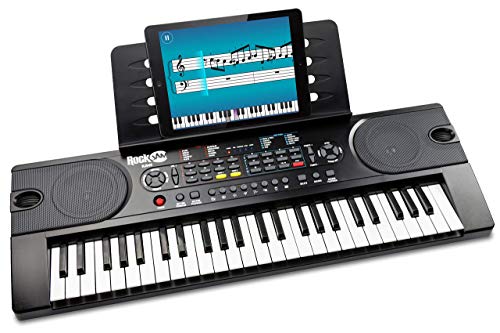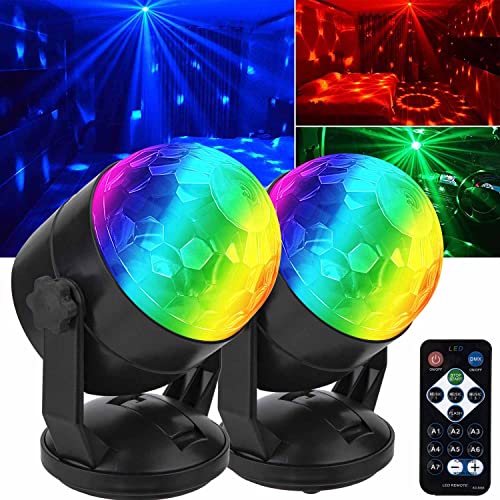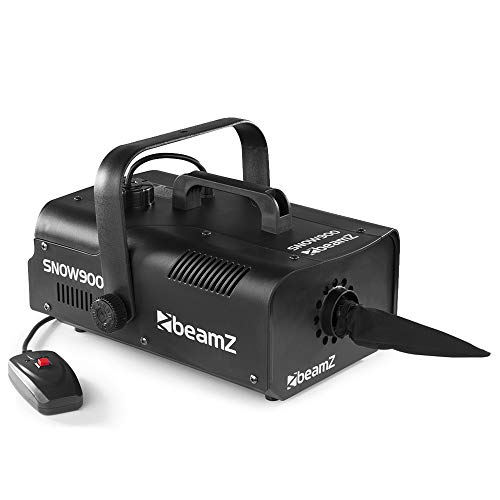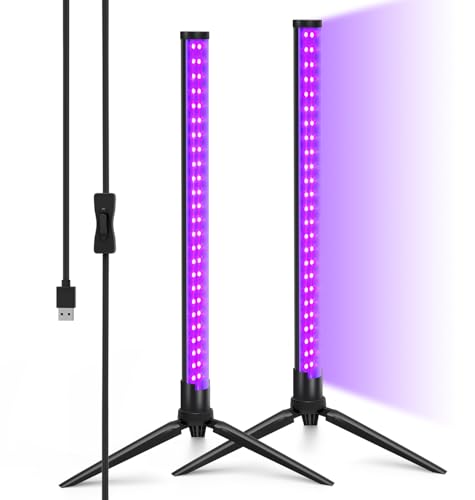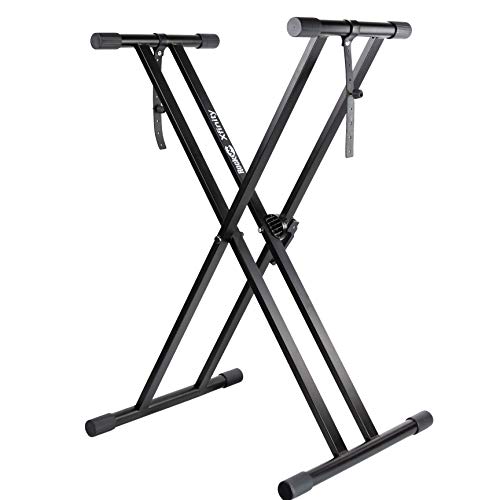Understanding the Importance of a Quality Piano Stool
Why Your Piano Stool Matters
When we sit down to play the piano, the experience can be significantly impacted by the furniture we use, particularly the stool. A quality piano stool provides proper support, encourages good posture, and can enhance your overall playing experience. It’s not just a seat – it’s a crucial part of your musical setup. A well-made stool allows for dynamic movements and gives you the freedom to express yourself through your music without distractions.
Effects on Performance
Imagine trying to play your favourite piece while uncomfortable or unsteady on a flimsy stool; it would likely affect your concentration and technique. The right piano stool can improve your focus and allow you to play for extended periods without discomfort. High-quality stools are designed with the needs of musicians in mind, making them an essential investment for anyone serious about their piano playing.
Key Features to Look for in a Piano Stool
Sturdy Construction
Look for stools made from solid materials as their sturdiness impacts both stability and safety. A well-constructed stool should withstand the movements of playing without wobbling or creaking. Quality wood, metal frames, and robust joints are characteristics that you should favour.
Adjustable Height
An adjustable height feature is a game-changer. It enables you to customise the stool to your playing style and piano height, ensuring you’re comfortable whether you’re playing a grand or an upright piano. This adaptability is particularly beneficial in situations where the stool needs to cater to multiple players of varying heights.
Padding and Upholstery
Comfort is key, so consider stools with well-padded seats. Less cushioning can lead to discomfort over time, discouraging longer practice sessions. The upholstery material should be durable and easy to clean, as spills are likely to happen during longer playing periods.
Choosing the Right Size and Height for Your Setup
Finding Your Ideal Height
To find the perfect height for your piano stool, sit at your piano as you would normally play. Your elbows should be slightly above the keys, ideally forming a 90-degree angle at your elbows. Use this as a guideline when choosing stools, especially those with adjustable height features.
Width and Depth Considerations
In addition to height, the width and depth of the stool should suit your frame and allow ample space to move while playing. A stool that is too narrow or deep can hinder your ability to play comfortably, ultimately affecting your performance.
Types of Piano Stools: Which One Suits You Best?
Conventional Stools
Conventional wooden piano stools are a popular choice due to their classic aesthetic. They typically feature a standard height and design, making them versatile across different settings. If you’re looking for something timeless, this style might be your best fit.
Adjustable Stools
If you play with others or switch between different pianos, an adjustable piano stool is ideal. These stools often feature a pneumatic lift or screw mechanism for easy height changes. This adaptability is particularly useful in educational settings or family environments.
Dressing Stools and Bench Seats
For those who prefer a more elegant look, dressing stools or bench seats are great options. They often come with padding and can accommodate multiple players. While they might lack adjustability, their aesthetic appeal makes them a favourite in many homes.
Investing in Comfort: How a Good Stool Enhances Your Playing Experience
The Role of Comfort in Performance
Comfort plays a pivotal role in how we perform. When we’re comfortable, we’re more inclined to experiment and play with greater expression. The right piano stool should support prolonged playing without causing fatigue or distraction, allowing your musical creativity to flow.
Long-Term Benefits
Investing in a quality piano stool not only benefits your immediate playing comfort but also promotes healthy posture, reduces the risk of strain injuries, and fosters a deeper connection with your instrument. Comfort can enhance your overall experience, encouraging regular practice and skill development. The joy of playing should not be interrupted by discomfort, and a good stool can make all the difference.


